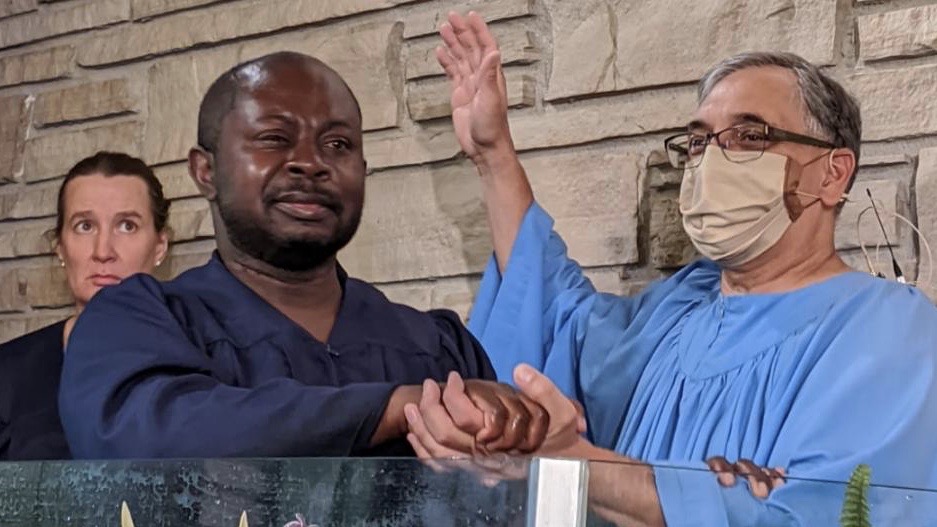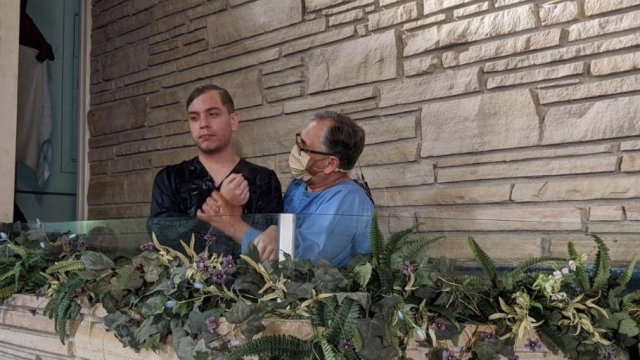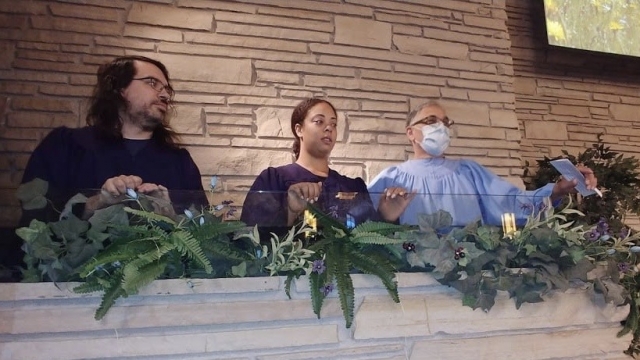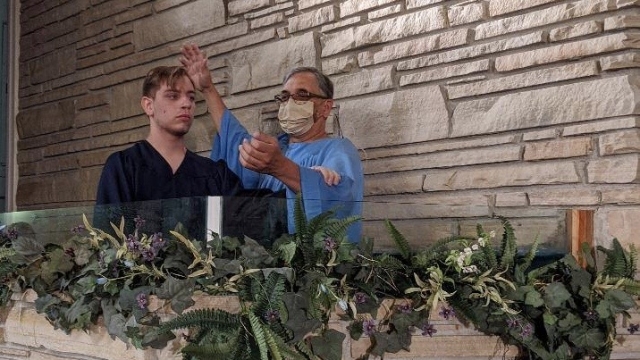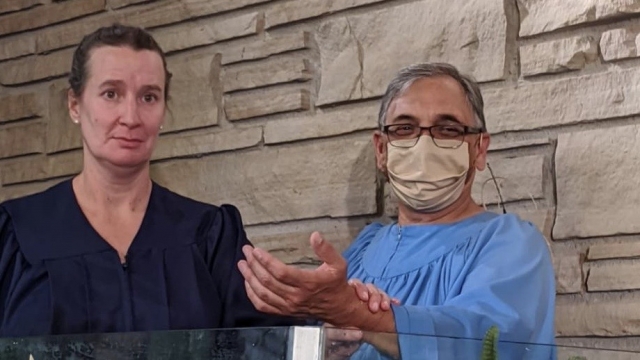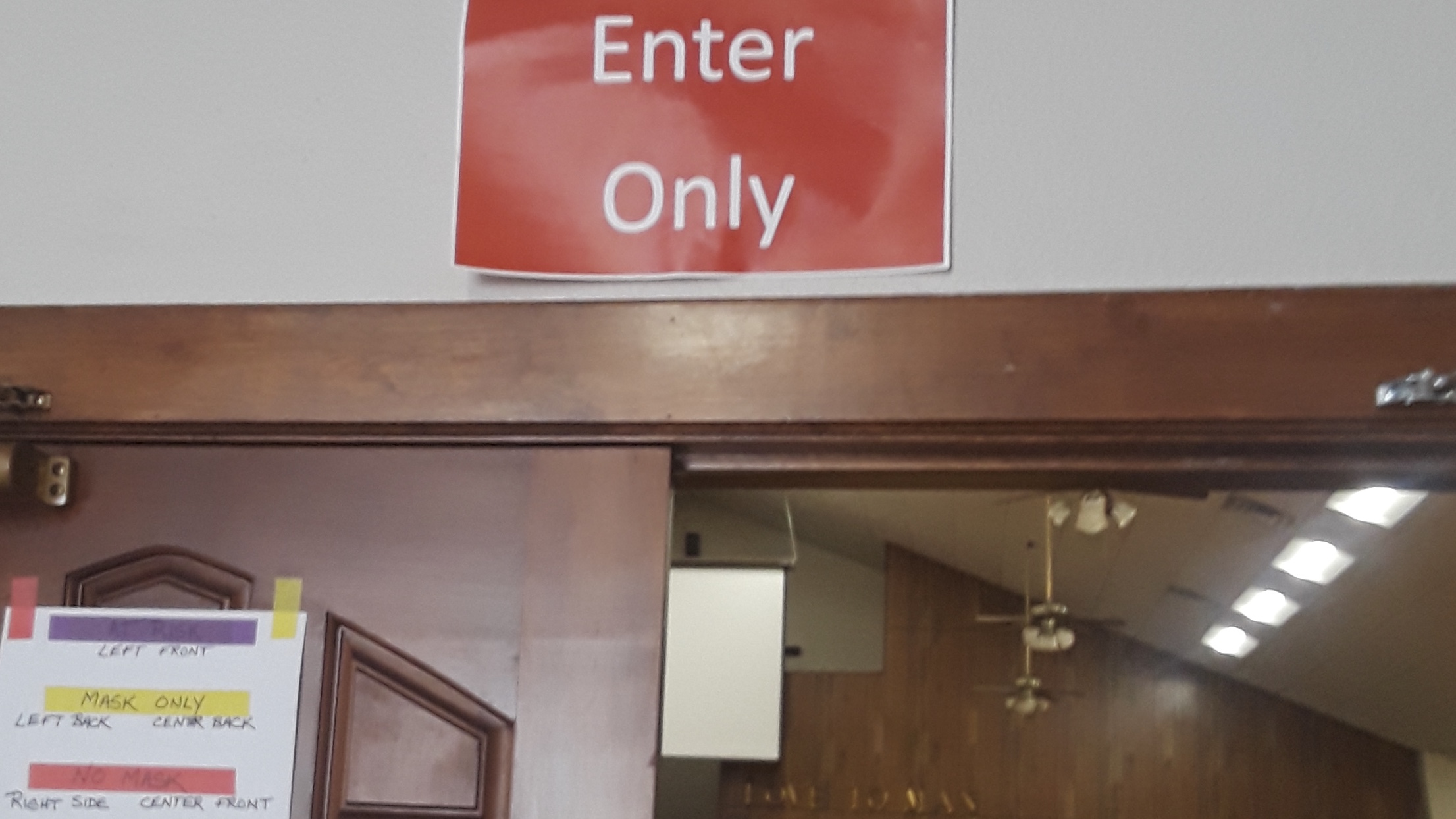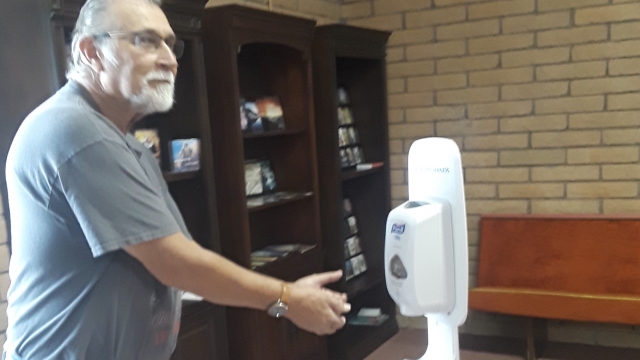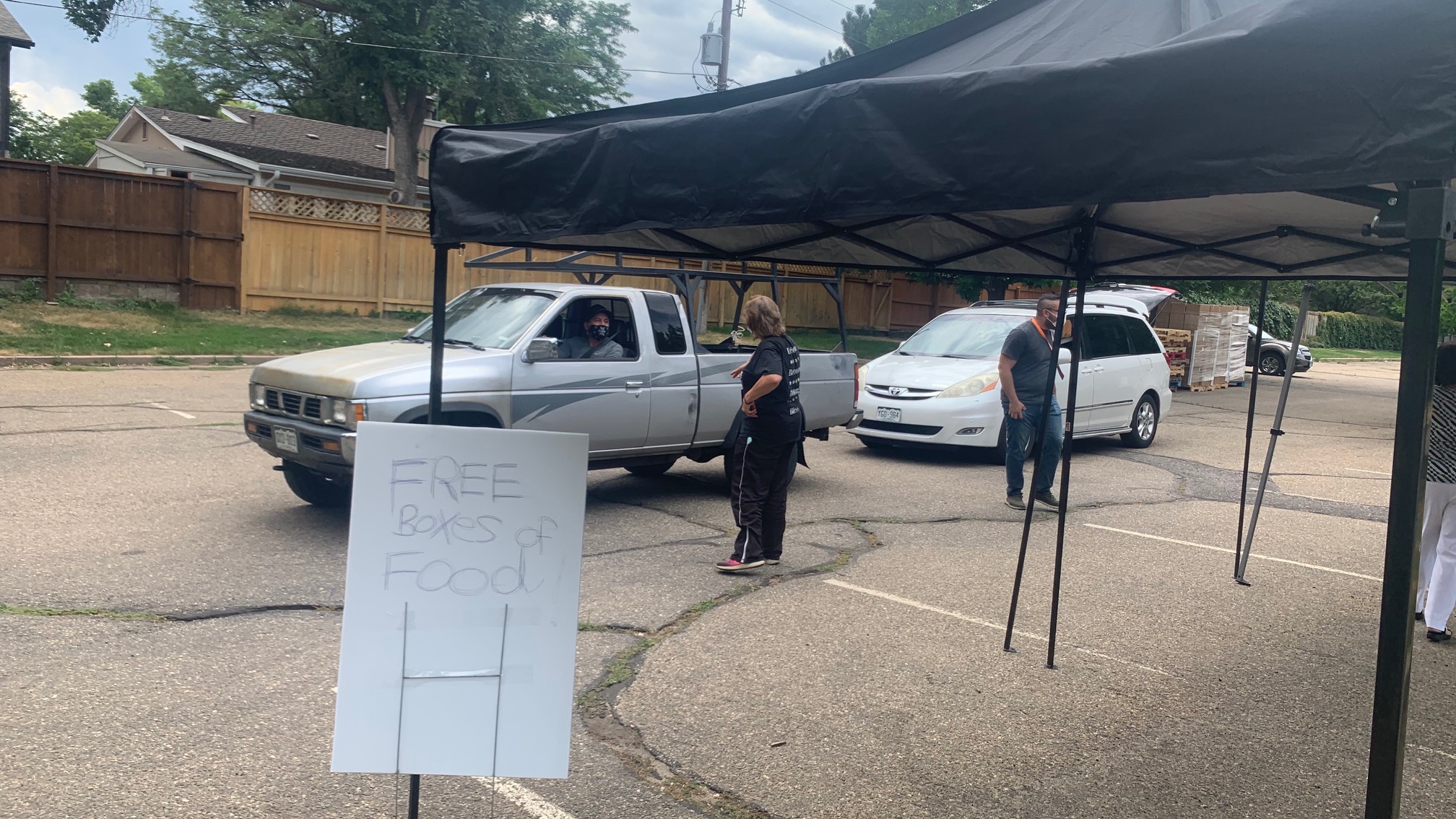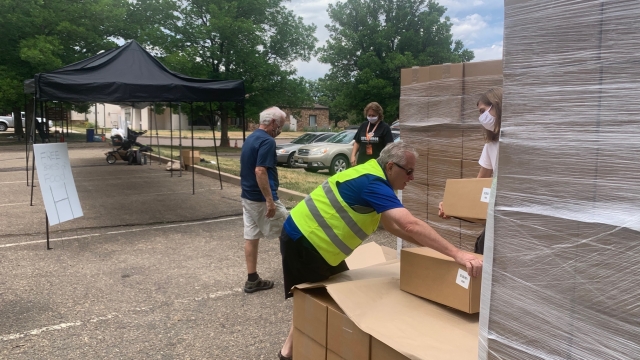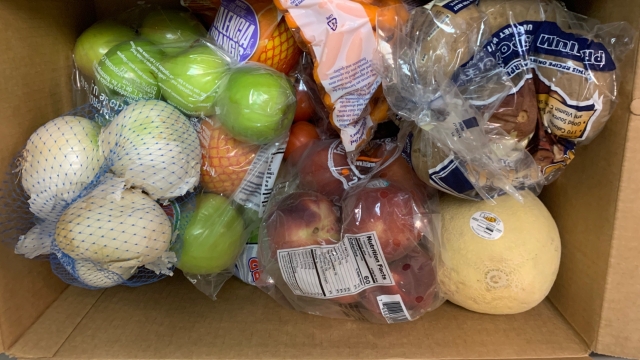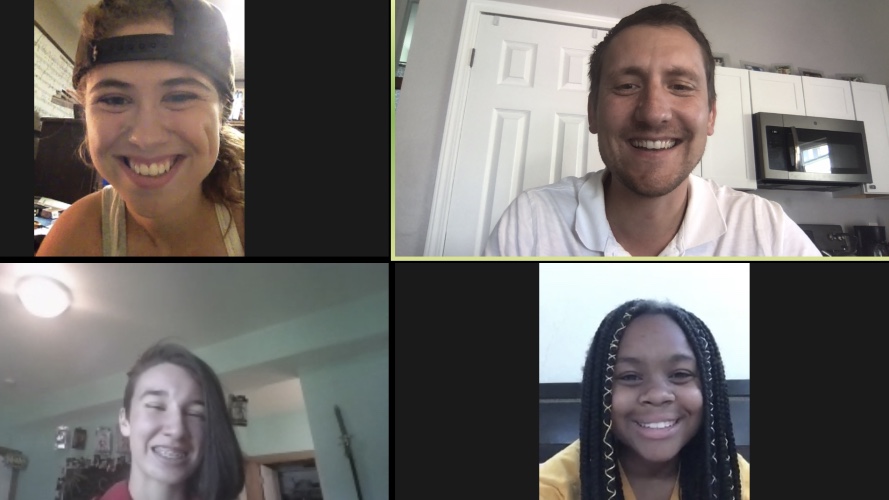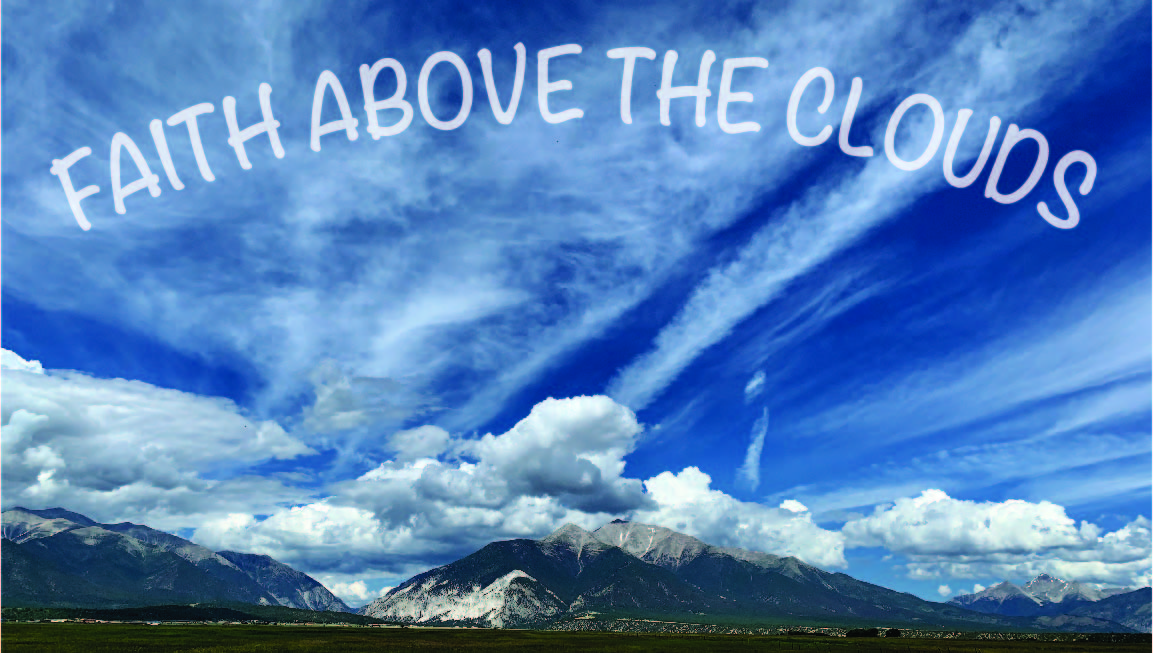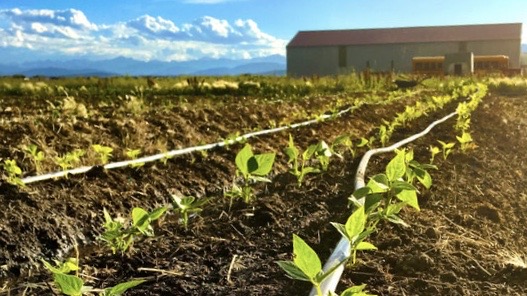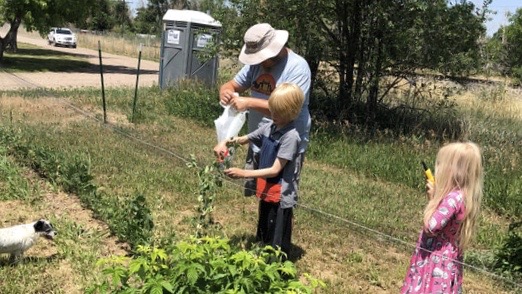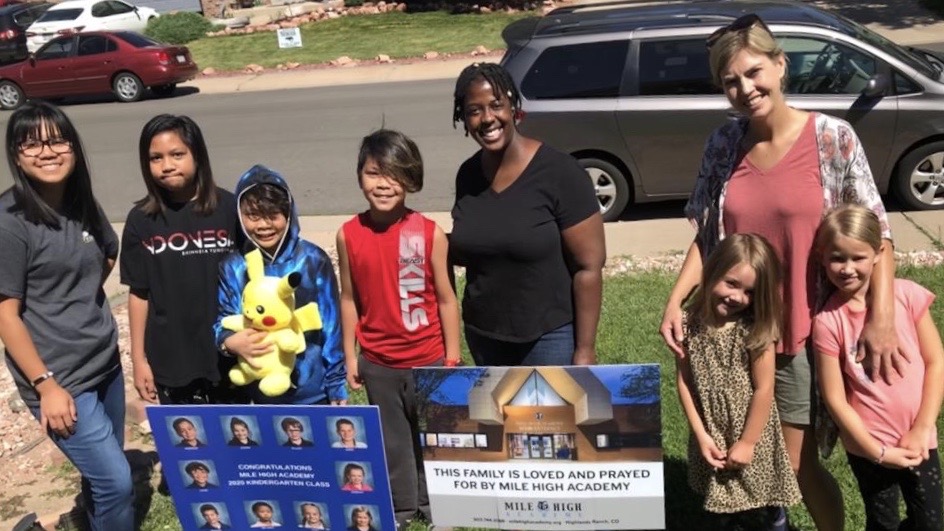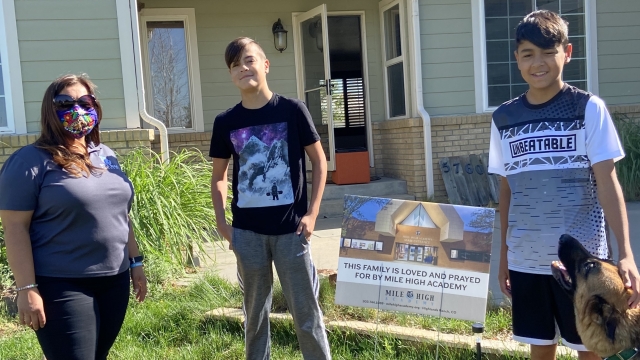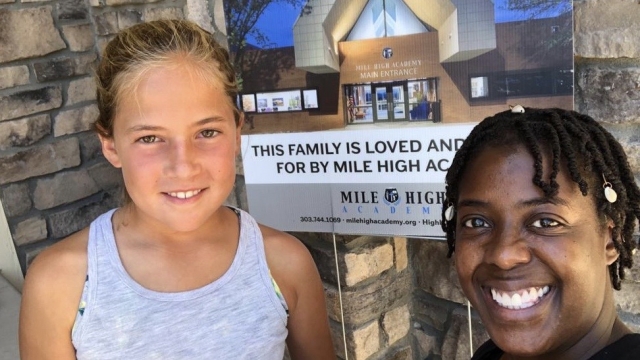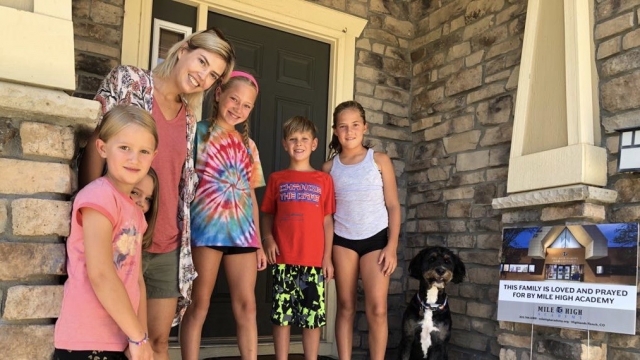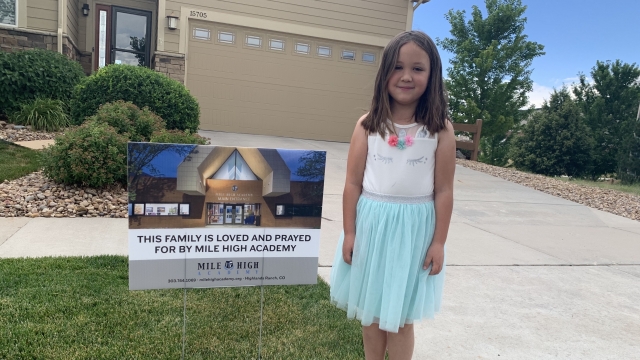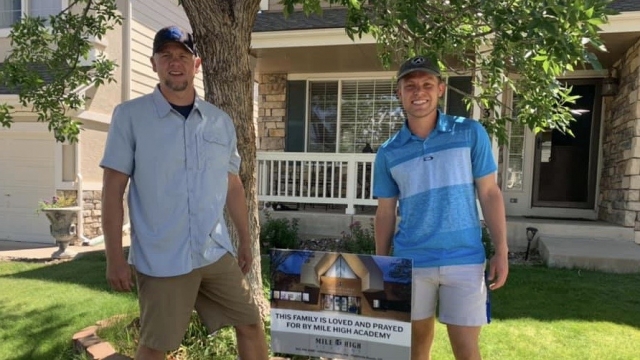By Gary Thurber – Lincoln, Nebraska … As I listen to conversation happening around our union, I hear a variety of concerns for church finances. With the loss of many jobs, we do expect a decrease in tithe remittances. However, the Mid-America Union Executive Committee has voted to disperse money from its reserve funds to each of our six conferences to help ministry and mission continue moving forward in our territory.
I also want to say a few words about the plan for tithe parity that was voted by the World Church during Annual Council last October. I have heard many people discuss this and there seems to be a great deal of misunderstanding.
As I look at what took place in the rearview mirror, I can say this is one of those times I truly saw the Lord’s hand lead the Adventist Church. Being there in person, I witnessed our World Church leaders keep their arms around each other and work together in a very positive way. In the end, I believe what transpired—by God’s providence—will bless our work here and abroad.
TITHE PARITY EXPLAINED
At the North American Division Year-End Meeting in 2018, the question was raised as to whether it was time for there to be greater parity as a World Church on tithe remittances supporting the General Conference. At that point, we in the NAD were already on a trajectory of moving down from 8 percent to 5.8 percent of tithe going to the General Conference.
The tithe remittance was going to be 6 percent, but when Oakwood University became an NAD institution, the subsidy that had been given to Oakwood by the GC was subtracted from the 6 percent and therefore left the NAD with 5.8 percent, as the NAD then began paying Oakwood’s subsidy.
The other divisions have been contributing 2 percent of their tithe to the GC for a number of years. This set the stage for the NAD Executive Committee to vote to ask the GC to consider bringing parity among divisions, in terms of tithe.
There were many passionate speeches made at the NAD Year-End Meeting. However, I do not believe the desire to bring parity was in any way a selfish thought; but rather wanting to be able to preserve pastors for the churches, and schools for our young people.
GC leaders received the request graciously and began to process this request with the other divisions. Not long after the NAD vote asking for parity, the division treasurers met in Jamaica and—without a word from the NAD treasurer—agreed that it was past time for this to happen. As the division presidents considered this issue they also agreed. In the end the GC Executive Committee voted overwhelmingly to bring parity in tithing to the divisions.
Over the next four years, the NAD will move from 5.8 percent to 3.8 percent. The other divisions will move from 2 percent to 3 percent over the next 10 years. As you can see, the NAD will still contribute 0.8 percent more than the other divisions. The rationale behind this is the fact that both Loma Linda University and Andrews University are GC institutions located in our territory and the NAD receives direct benefit from these institutions to a much greater extent than do other divisions.
MORE GROWTH, MORE BLESSINGS
I wish you all could have experienced the moment this policy was voted. The World Church gave a standing ovation in appreciation for all the years the NAD so generously supported the world field. I believe what I witnessed was much like seeing a church plant grow sufficiently to not be reliant on the mother church or conference any more, but rather become a solid contributor in this great cause of which we are all a part.
I agreed with Elder Bob Lemon, former treasurer of the General Conference, when he said, “I support this motion fully. I look forward to seeing how God will bless.”
Thank you, each one, who so graciously supports our church. The tithe dollar you return truly blesses our efforts as a church family to move our mission forward.
–Gary Thurber is Mid-America Union Conference president; photo by iStock
This article was originally published on Outlook Magazine website.
***From Ed Barnett, RMC president: Commenting on the Mid-America Union Conference decision, the RMC president explained that instead of receiving funds from the Union, they accepted a recommendation to receive from our Conference 1% less from the tithe till the end of the year. “It was very thoughtful for the Union to accept for this year 1% less tithe from each of our conferences to be used to make ends meet in the conferences. It is helpful and will be a blessing to God’s church in our Conference,” Barnett commented.

